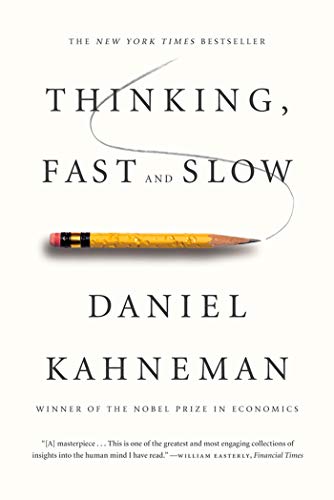
READ AND LEARN
The 7 Habbits of highly effective People
"The 7 Habits of Highly Effective People" is a book written by Stephen Covey. Stephen Covey was an American educator, author, businessman, and keynote speaker, who was widely recognized for his work in the field of personal and organizational effectiveness.
"The 7 Habits of Highly Effective People" is a book written by Stephen Covey. Stephen Covey was an American educator, author, businessman, and keynote speaker, who was widely recognized for his work in the field of personal and organizational effectiveness.
The book provides a comprehensive guide to developing personal effectiveness and leadership skills. The author argues that by developing these skills, individuals can become more successful in their personal and professional lives. The book is divided into three parts: the first part provides an overview of the 7 habits, the second part examines how to develop the 7 habits, and the third part looks at how to apply the 7 habits in different areas of life.
The seven habits are:
Be proactive
Begin with the end in mind
Put first things first
Think win-win
Seek first to understand, then to be understood
Synergize
Sharpen the saw
Ten key takeaways from the book:
The 7 Habits of Highly Effective People provides a comprehensive guide to developing personal effectiveness and leadership skills.
The seven habits are: be proactive, begin with the end in mind, put first things first, think win-win, seek first to understand, then to be understood, synergize and sharpen the saw.
The book emphasizes the importance of taking responsibility for one's own life and actions.
The book highlights the importance of setting and achieving long-term goals.
The book stresses the importance of prioritizing and focusing on what is important.
The book teaches the importance of effective communication and understanding others.
The book emphasizes the importance of teamwork and collaboration.
The book provides guidance on how to balance and improve various aspects of life, including physical, mental, emotional and spiritual.
The book has been widely read and studied by individuals, leaders, and organizations for decades.
The book is a valuable resource for anyone looking to improve their personal and professional effectiveness and leadership skills.
In conclusion, "The 7 Habits of Highly Effective People" is a classic book that provides valuable insights on how to improve personal and professional effectiveness and leadership skills. The book covers various aspects of personal development and provides guidance on how to balance and improve various aspects of life. The seven habits, which are the core of the book, are valuable tools that can help individuals achieve greater success and satisfaction in their personal and professional lives. The book has been widely read and studied by individuals, leaders, and organizations for decades and it continues to be a valuable resource for anyone looking to improve their personal and professional effectiveness and leadership skills.
Thinking, Fast and Slow
"Thinking, Fast and Slow" is a bestselling book by Daniel Kahneman, a Nobel Prize-winning economist and psychologist.
"Thinking, Fast and Slow" is a bestselling book by Daniel Kahneman, a Nobel Prize-winning economist and psychologist. Kahneman is a pioneer in the field of behavioral economics, and his work focuses on the cognitive biases that affect human decision-making.
The book explores the way our minds work and how we make decisions. It is divided into two parts: the first part describes the two different systems that govern how we think, while the second part examines the various biases and errors that can occur in our decision-making processes.
Kahneman argues that our minds work in two different ways: System 1, which is fast and intuitive, and System 2, which is slow and deliberate. He explains how these two systems interact, and how they can be influenced by biases, emotions, and other factors that affect our thinking.
The book offers many insights into the way our minds work, and how we can become more aware of our cognitive biases and improve our decision-making processes. Here are ten key takeaways from "Thinking, Fast and Slow":
Our brains rely on heuristics, or mental shortcuts, to make decisions quickly.
These mental shortcuts can lead to cognitive biases that affect our decision-making.
We tend to overestimate the likelihood of rare events and underestimate the likelihood of common events.
Confirmation bias leads us to seek out information that confirms our pre-existing beliefs.
The availability heuristic causes us to overestimate the importance of information that is easily accessible.
Loss aversion can cause us to make decisions that are not in our best interest.
We often rely too heavily on intuition and fail to consider alternative explanations for our experiences.
Framing can influence our decisions by changing the way we perceive the options available to us.
We are more likely to trust people who are like us and who we perceive as being trustworthy.
We can improve our decision-making by becoming more aware of our cognitive biases and making a conscious effort to avoid them.
"Thinking, Fast and Slow" is a fascinating book that offers many insights into the way our minds work. It is a must-read for anyone who wants to better understand how we make decisions and how we can improve our decision-making processes.
Stay connected
Ad
We want information fast and in a nutshell. We from OI recommend Blinkist* - because it’s simply the best.
* = Affiliate link















